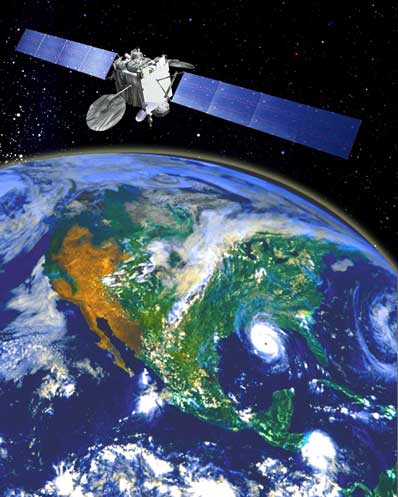
U.S. Public Diplomacy in Action?
The Woodrow Wilson International Center for Scholars has announced a new project focused on strengthening U.S. global engagement and strategic communications (called “Strengthening America’s Global Engagement – SAGE). Here is what they say about the project:
The project labels itself as a public diplomacy initiative that draws on the many reports detailing failings of that function since the demise of USIA in the late 1990s. The effort is co-chaired by Condoleezza Rice and William Perry and had assembled a large and impressive working to address the following areas:
Matt Armstrong’s post on MountainRunner is also worth reading (he is a participant in SAGE) – the post is here.
In looking over the membership of the working group it appears there is a decided bias on the communications component of public diplomacy, the “fast media” part of what USIA once covered. But there seems to be much less focus on the “slow media” components of public diplomacy – those program areas now housed in the State Department’s Bureau of Educational and Cultural Affairs. The public diplomacy value of programs like Fulbright, International Visitor Leadership Program, Humphrey Fellows, cultural diplomacy, sports exchanges and many others is often overlooked. In addition, the public diplomacy component of many of USAID’s programs is often misunderstood (my experience with USAID’s democracy & governance programs is that they are as much about public diplomacy as they are about technical assistance). Educational, cultural and development programs are medium and long-term tools but can (and do) offer long-term positive results in many cases. They are not as glitzy as broadcasting and social media and so are all to often relegated to a lesser role in public diplomacy.
It may well be the case that the Wilson Center initiative will take these issues seriously, but the makeup of the project’s working group could use some bolstering beyond the communications area. For example, I think the following people would strengthen the educational, cultural and development components:
1. Robert Gosende, currently serving at the Ryan Fellow in International Education at the State University of New York, former USIA foreign service officer
2. John Brown, leading expert in many aspects of public diplomacy, including cultural diplomacy, former USIA and State Department foreign service officer (see his most recent essay on public diplomacy here )
3. Brian T. Edwards, associate professor at Northwestern University, expert in the globalizing aspects of American Studies (see “Globalizing American Studies” here)
4. Theodore Kattouf, Executive Director, AMIDEAST
5. Tully Cornick, Executive Director, Higher Education for Development
Many others could be suggested and these areas are already covered to a certain degree by the Wilson initiative. But strategic communications should be seen as only one tool in the public diplomacy toolbox.